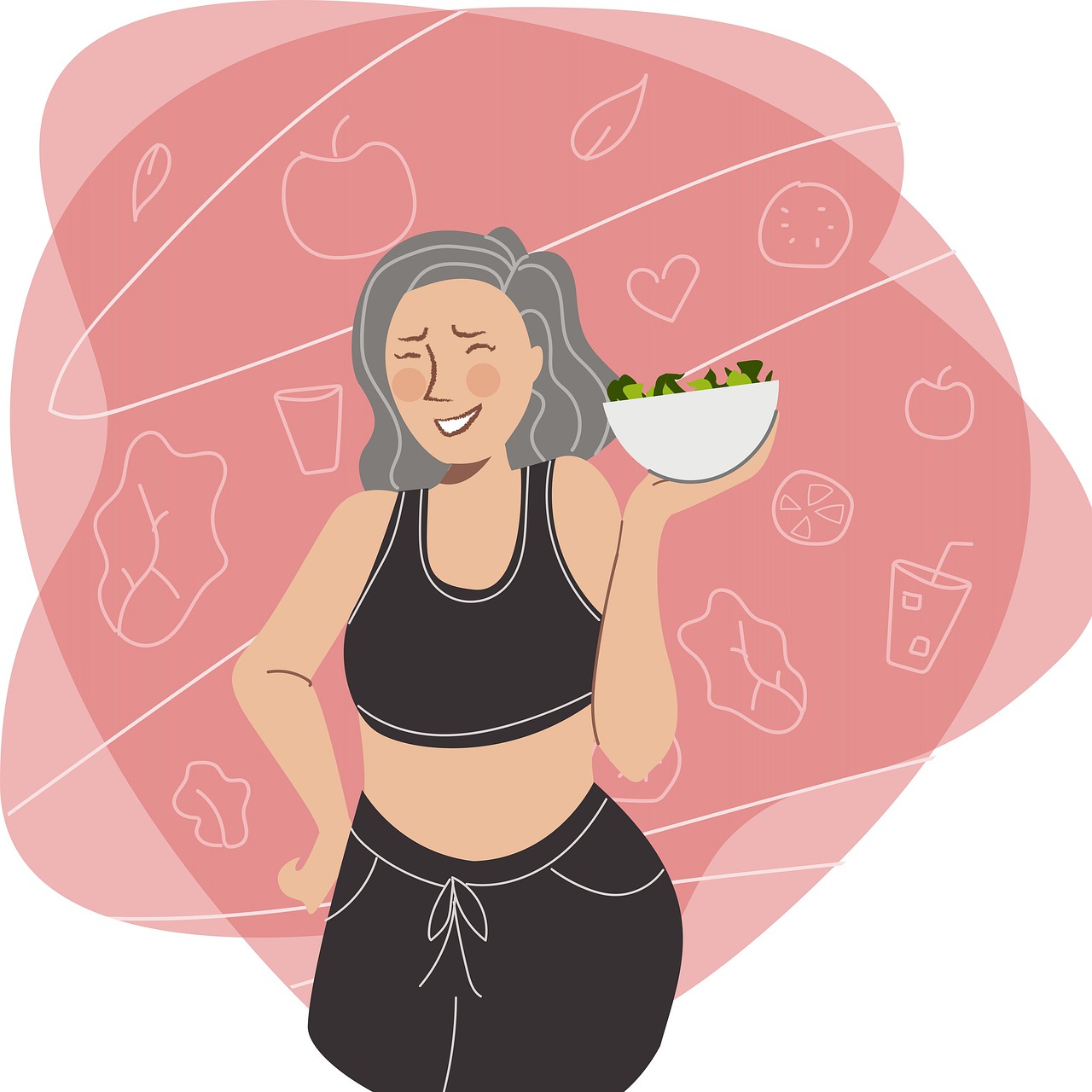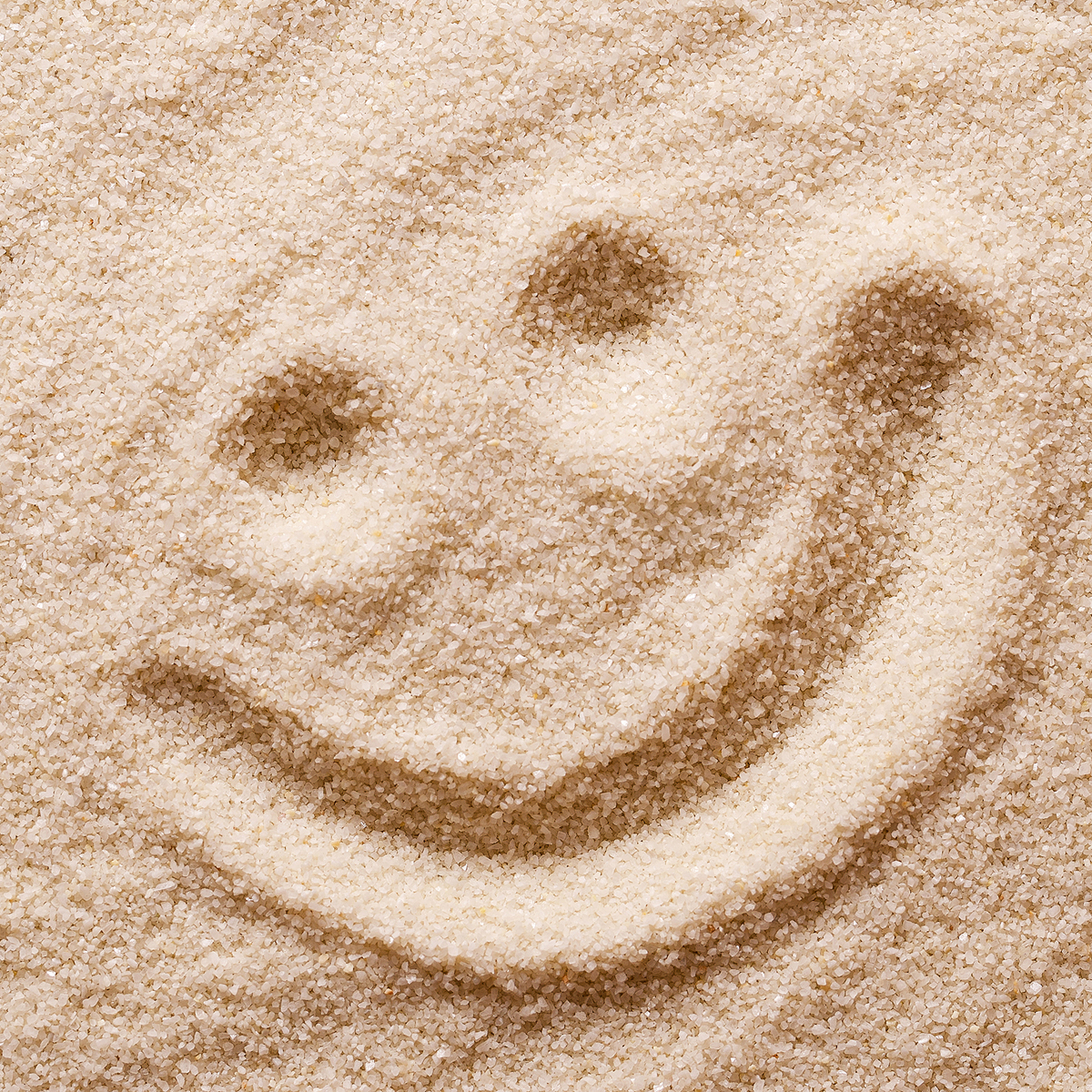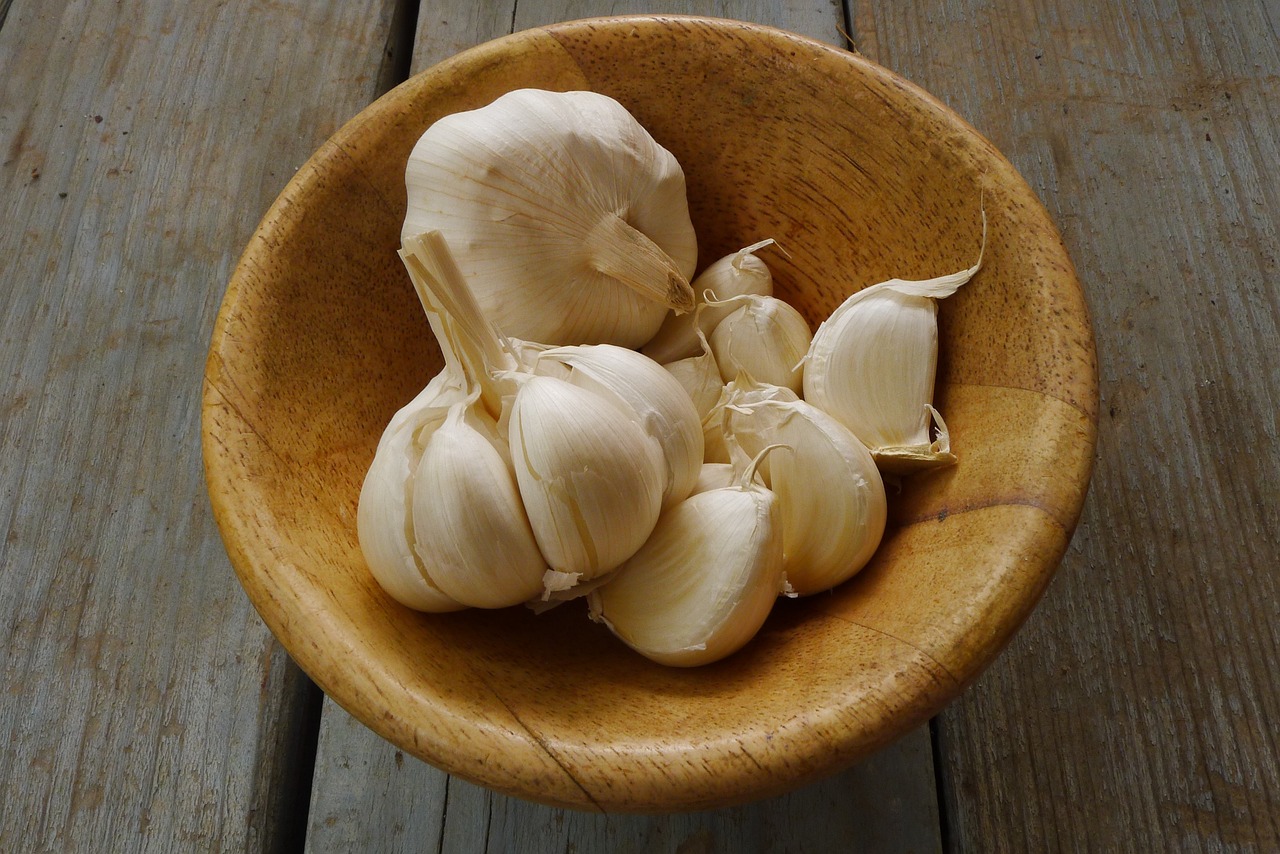Metabolism and Age

Q: It seems to be so much harder to avoid weight gain as I’ve gotten older. Is it true that metabolism slows down as we age? Is there anything to do about it?
A: You’re right – if you eat the same as you did as a young adult, and remain just as active, barring some unusual illness, you will gain weight partly due to slowing metabolism. Research shows we burn fewer calories as we age because of a combination of decreased physical activity, loss of lean muscle tissue and slower metabolic rate. On average, compared to total calorie needs at age 20, at age 50 you need about 200 fewer calories per day, and at age 65 or 70, about 400 to 500 fewer calories per day. One way to avoid or reduce age-related weight gain is to reduce calorie consumption – make “treats” a less common event, reduce portion sizes and don’t go back for seconds on anything but vegetables, for example. However, you can get to a point where it’s hard to meet nutrient needs if you aim for a calorie intake that’s too low. The good news is that the reduced amount of calories burned with age can be offset by increasing physical activity. Doing 30 to 60 minutes daily of moderate physical activity – like brisk walking – generally burns calories similar to the drop in metabolic rate that occurs. This activity doesn’t need to occur all at once, but it needs to be virtually every day and needs to take you beyond an easy stroll where you could easily sing as you walk. The really terrific news is that even as this activity is helping avoid weight gain, it exerts powerful metabolic effects independent of weight that help to reduce diabetes and cancer risk with each and every walk.
The Author:
Karen Collins, MS, RD, CDN – American Institute for Cancer Research








